How To Reduce Sun Damage After a Sunburn
So you forgot to reapply sunscreen. It happens to the best of us, especially during the dog days of summer. Here’s how to reduce sun damage after a sunburn.

With the beautiful warm glow that the sun casts upon beaches and woods, nature has a way of luring us out of our homes for some summer fun. Though going out for hikes or swimming at the beach is a healthy and fun way to pass the time, doing so without sunscreen isn’t a wise idea. After all, the sun can burn—and when it does, it can cause serious damage to your skin.
The effects of having sun-damaged skin are very well-documented. People who experience sun damage age more rapidly, are more likely to experience acne, and may also experience skin dryness as a result of the UV radiation. The most feared side effects, though, are the increased chances of cancers such as melanoma.
Few things garner as much dismay to a dermatologist as a sunburn. Studies have shown that sunburns can get worse when left untreated, and can even worsen after you get out of the sun. However, it’s not a lost cause. Companies like GLAUX CHEM® are using science to help reduce the damage you experience post-sunburn.
Though it’s not possible to fully reverse sun damage, there are ways to reduce sun damage after you get caught without sunscreen. If you just got a sunburn, these methods can help you reduce the damage before it’s too late.
Get out of the sun for a bit.

This is the most obvious way to keep sun damage from getting even worse after you’ve already been burnt. If you continue to hang out in the sun, there’s a good chance that you will suffer even more sun damage while your skin is still healing from the burn—which can reduce your skin’s ability to recover.
If you have gotten a sunburn, give your skin a solar timeout. When you do need to go outside, apply sunscreen and make it very quick. Your skin needs time to heal, and adding more UV rays to your skin will not bode well while it’s healing.
Exfoliate your skin.

Though you shouldn’t exfoliate while your sunburn still hurts, you should take care to reduce dead skin cells after the sunburn has healed. By exfoliating, you’re helping reduce the appearance of blotchiness and can also reduce the uncomfortable appearance of dry skin. Flaky skin is not healthy skin, so slough off the dryness with a loofah or exfoliating brush.
Moisturize, moisturize, moisturize.

One of the most common forms of sun damage that people experience is dry skin, and thankfully, that’s one of the most easily solved problems. If you want to reduce sun damaging effects on your skin’s hydration levels, use a heavy duty moisturizer after you exfoliate. By keeping your skin hydrated, you prevent your skin from having a breakout due to the dryness caused by the sun.
Add some antioxidants and anti-inflammatories to your skincare routine.
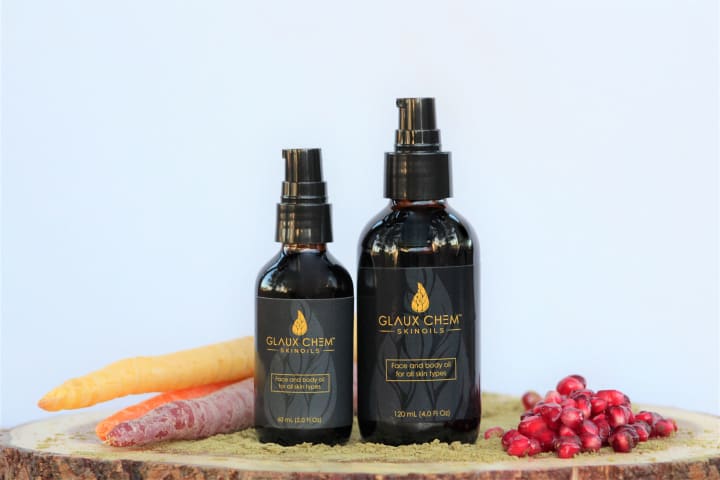
Scientific studies have shown that antioxidant compounds help fight the free radicals caused by UV rays. They also help block cellular damage caused by sun damage, which in turn helps reduce the signs of aging. Considering how much aging is tied to sun exposure, it’s easy to see how adding antioxidants to your skincare routine can help.
Anti-inflammatories are compounds that help reduce inflammation in skin cells and many of them double as antioxidants, too. Studies have shown that anti-inflammatory compounds like omega-3 fatty acids and cannabidiol reduce swelling and cellular damage from sunburns, even after you get out of the sun.
It’s wise to choose an antioxidant-rich moisturizer that is easily absorbed into skin to get the most benefit from this tip. GLAUX CHEM®’s Face & Body Oil is a great choice for people who want to reap the benefits of antioxidant-rich, anti-inflammatory ingredients like carrot seed oil, pomegranate seed oil, and hemp oil.
Keep drinking water and focus on your diet.

Beauty doesn’t just happen from the outside in, you know. “You are what you eat” is really good advice that has been backed by scientific studies time after time. At no time is this more important than after getting a sunburn.
Most doctors will tell you that eating a diet with antioxidant-rich ingredients can help reduce the damage that free radicals do to skin cells. Since antioxidants help preserve cellular health, eating foods that are rich in antioxidants like vitamins A, C, and E is a good way to reduce the cellular damage caused by a sunburn.
If you want to ensure that you reduce sun damage on all fronts, make a point to drink extra water. When you stay hydrated, your skin cells function better and are more capable of delivering water to the surface layer of your skin.
Avoid using petroleum-based products to soothe your skin.

It’s common enough to see people who want to soothe a sunburn use products like petroleum jelly to try to make their skin feel better. Common as it may be, it’s one of the worst ways to reduce sun damage after a burn. Petroleum traps heat into your skin, which actually exacerbates a lot of the long-term damage caused by sunburns.
For sunspots, you might want to double down on using natural pigments and antioxidants in your skincare.

Sunspots are one of the most unsightly signs of sun damage you can get. These spots, also known as “liver spots,” are clumps of melanin that form when your skin gets hit by too much UV radiation at a single time.
If your skin has taken on a blotchy appearance due to these spots, then you might need to take a look at doubling up on your antioxidant skin care routine with natural pigments or cryotherapy. Both prescription retinoids and cryotherapy “freezing” sessions have been linked to a reduction in sun spots.
Stick to your skincare routine.

Though skincare is always important, it’s twice as important after a sunburn. Right now, your skin needs all the nutrients and moisture it can get to fight off the damage from the burn. By investing in your skincare routine and working to keep it nourished and clean, you’re helping reduce sun damage while encouraging your skin to heal.
Avoid synthetic ingredients in your skincare products.
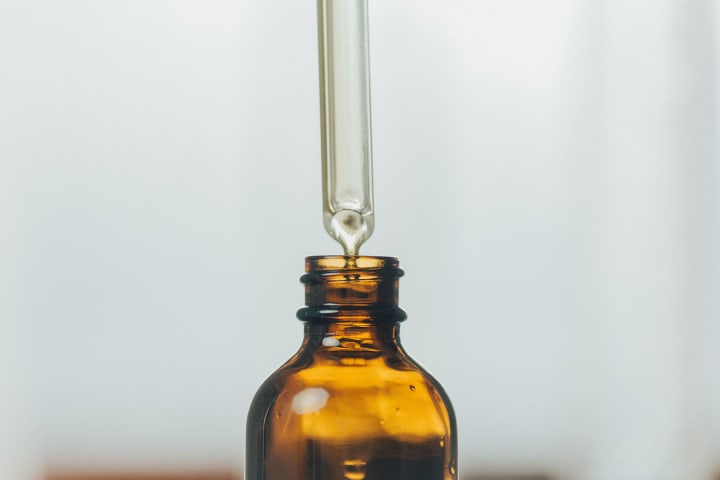
It’s no secret that irritating your skin after a sunburn is not a good idea. Doing so might actually reverse your efforts to reduce sun damage. Many of the most irritating compounds found in skincare and cosmetic products are lab-created chemicals like parabens, phthalates, and PCBs.
Synthetic ingredients are generally not seen as beneficial to one’s health, especially when they’re applied after your skin has experienced serious damage. Simply put, synthetic ingredients, particularly those that are known for being risky, are bad for your skin.
Considering that some synthetic ingredients can increase your chances of getting cancer, you should definitely avoid it while you’re dealing with sun damage. Choosing skincare products that are all-natural and free of irritants is a smart way to prevent further damage from taking root.
If you want to avoid getting the full damage of a sunburn, you will need to invest in products that are scientifically linked to better skin quality. Products like sunscreen can help you avoid exacerbating the problems caused by a burn.
With all-natural, anti-inflammatory and antioxidant-rich products like the ones offered by GLAUX CHEM®, you can reduce sun damage and redness after the burn on a cellular level. So, don’t just curb the damage that gets done. Reduce what’s already there, and enjoy your youthful glow.
About the Creator
GLAUX CHEM®
Our mission is to help those with skincare needs by developing natural products that are inspired by Mother Nature. Learn more at https://www.glauxchem.com.

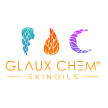

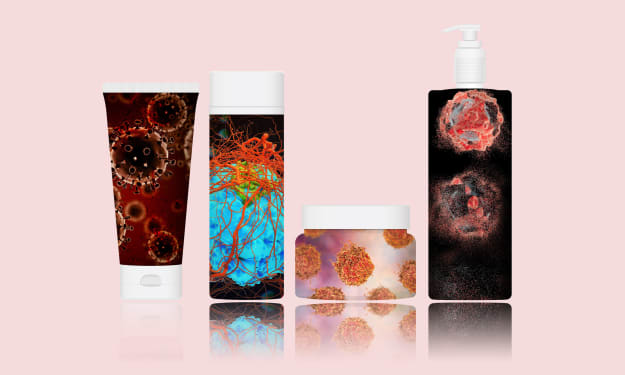
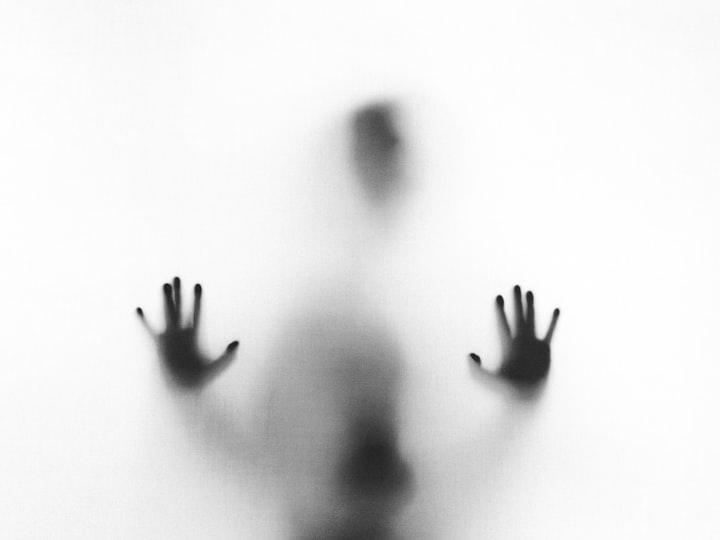
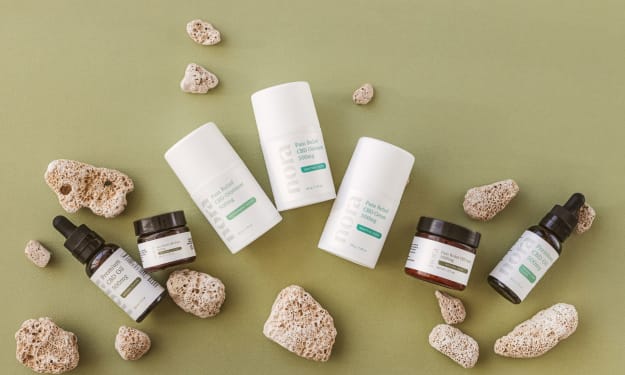

Comments
There are no comments for this story
Be the first to respond and start the conversation.